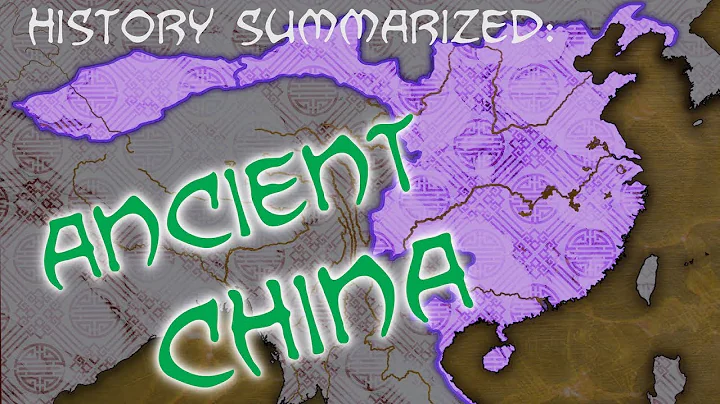Chen Zaidao was one of the founding generals and was capable of fighting tough battles. He was called the "Three Chens" under Liu Deng, namely: Chen Geng, Chen Zaidao, and Chen Xilian.

Chen Zaidao lost his father when he was 3 years old, and his mother raised the siblings by herself. When he was 7 years old, after discussion with his mother and uncle, he was sent to study in the hope that he could recognize a few words for "crop" so as not to be like the older generation who were illiterate and would not be bullied. In this way, he studied in a private school for two years and no longer wanted to go there. No matter how much his mother and uncle scolded him, it was of no use.
If he doesn't study, he has to work, help his sister dig vegetables and collect firewood, herd cows, and love to play and make trouble. When he was 9 years old, his sister passed away. When he was 11 years old, his mother passed away. Only he and his uncle were left in the family of five to depend on each other.

Until 1926, the wave of the Great Revolution swept across, and there were calls from various places to fight local tyrants and evil gentry and join farmers' associations. He also joined the volunteer team, his original name was Cheng Zaidao, and the registered person was written as Chen Zaidao.
In 1927, he participated in the Jute Uprising and officially embarked on the revolutionary road, and participated in the establishment of the Hubei, Henan, and Anhui base areas. Along the way, he served as squad leader, company commander, battalion commander, regiment commander, division commander, deputy army commander, army commander and other positions, and became a senior general of the Fourth Red Front Army.
Since the outbreak of the Anti-Japanese War, he has been serving under Liu Deng, serving as deputy brigade commander of the 386 Brigade, commander of the Eastward Column, and commander of the southern Hebei Military Region. After the outbreak of the Liberation War, he served as commander of the 2nd Column and commander of the Henan Military Region.

In 1955, he was awarded the rank of general and served as the commander of the Wuhan Military Region. Worked in Wuhan Military Region for 12 years.
During Chen Zaidao's stay in Wuhan, Chairman Mao visited Wuhan many times, swam in the Yangtze River, and wrote the words "Shui Tiao Ge Tou, Swimming".
In September 1961, Chairman Mao invited the British Marshal Montgomery who was visiting China to take a boat tour of the Yangtze River. As the commander of the Wuhan Military Region, Chen Zaidao and local leaders also accompanied them on the motorboat.

On the ship, Chairman Mao introduced Chen Zaidao to Montgomery: This is Chen Zaidao, commander of the Wuhan Military Region. He was born as a farmer, never read a book, and was very brave in fighting. After the translator relayed the story, the other party held Chen Zaidao's hand, and there seemed to be something strange in his eyes.
In 1967, Chen Zaidao left the Wuhan Military Region after being shocked. In 1969, he was sent to work on a farm in Jiangxi. At the end of 1970, he was taken to Fuzhou by Han Xianchu for a physical examination and never returned to the farm.
In the Fuzhou Military Region, Han Xianchu took great care of him. In 1972, he was appointed deputy commander of the Fuzhou Military Region, and the two became partners. Until 1975, he was transferred to Military Commission consultant. I thought I was relegated to the second line, but I returned to the front line in 1977 and served as the commander of the Railway Corps for 5 years. I did a lot of practical things. In 1982, I officially retired to the second line.
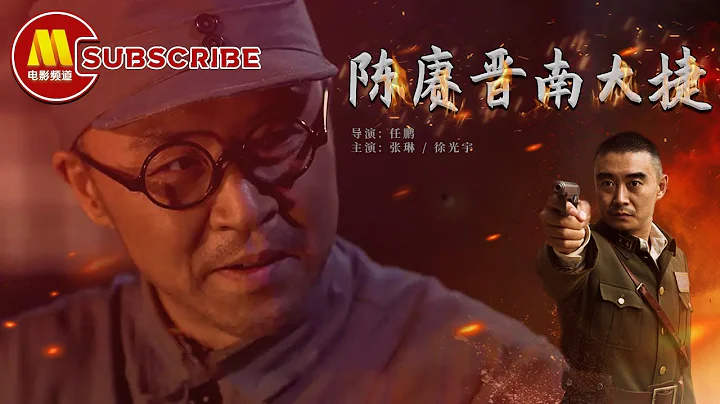






![Chu-Han Rebels vs Imperial Qin [ENG SUB] 刘邦项羽苦战秦军 - DayDayNews](https://i.ytimg.com/vi/n8W7D3CAp3o/hq720.jpg?sqp=-oaymwEcCNAFEJQDSFXyq4qpAw4IARUAAIhCGAFwAcABBg==&rs=AOn4CLCEhYn2GhSDu1BEYRdwg6cYFSQsVQ)
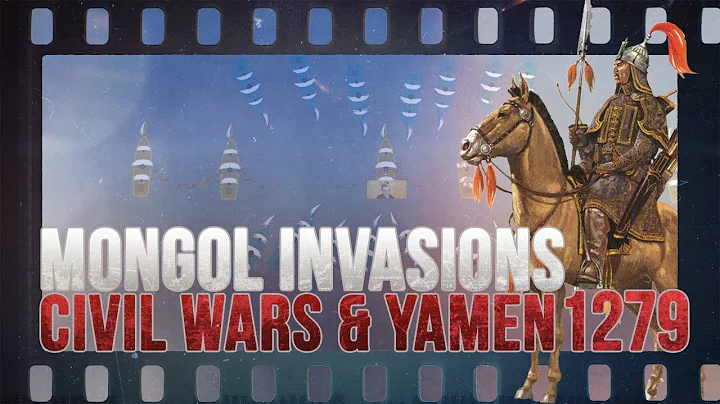
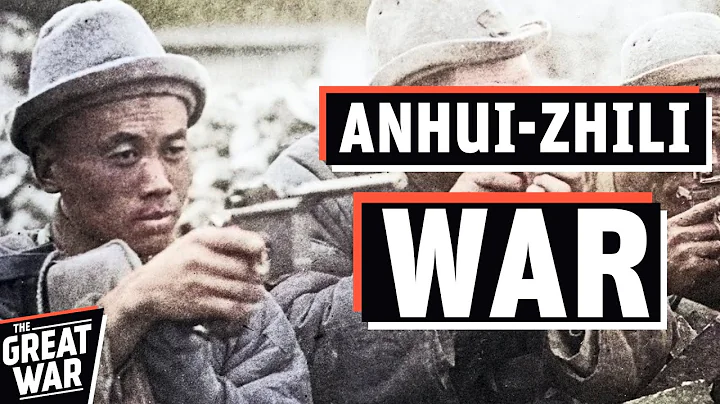


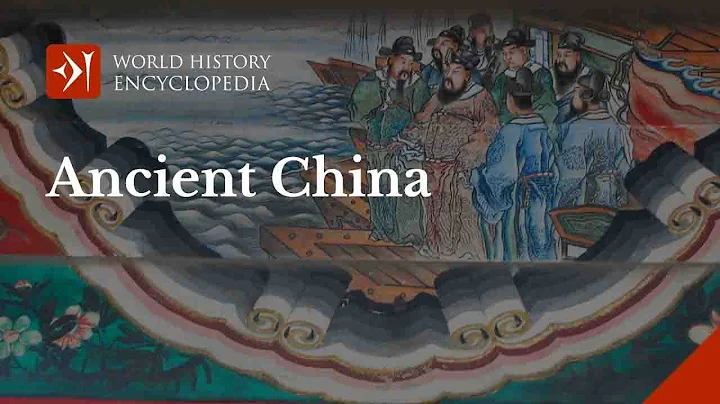

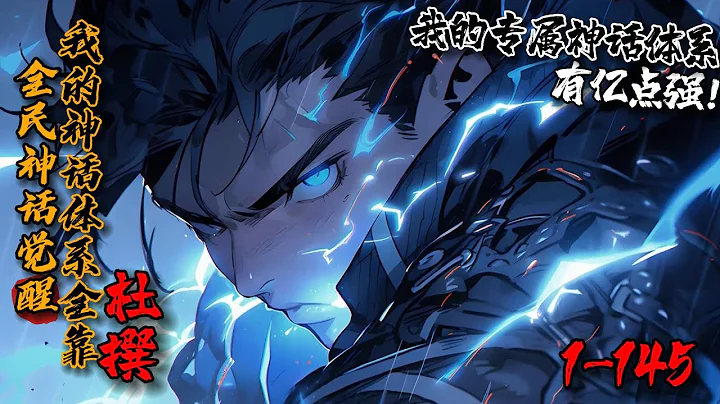
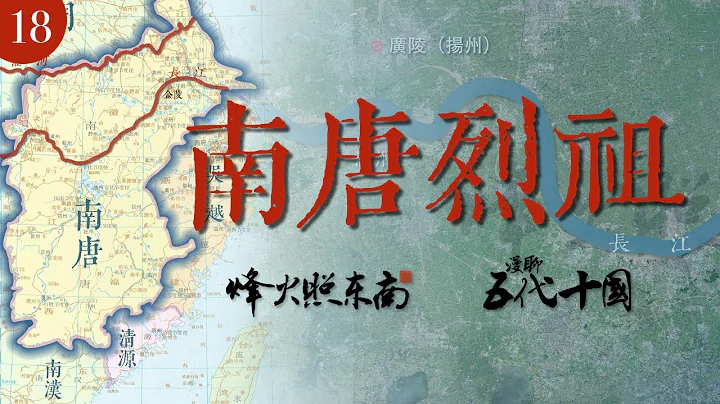
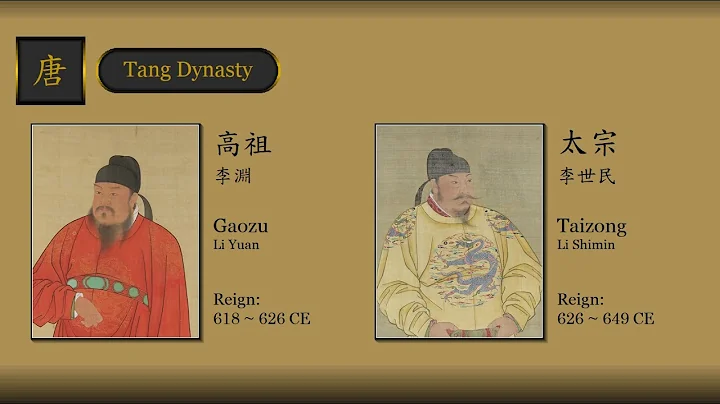
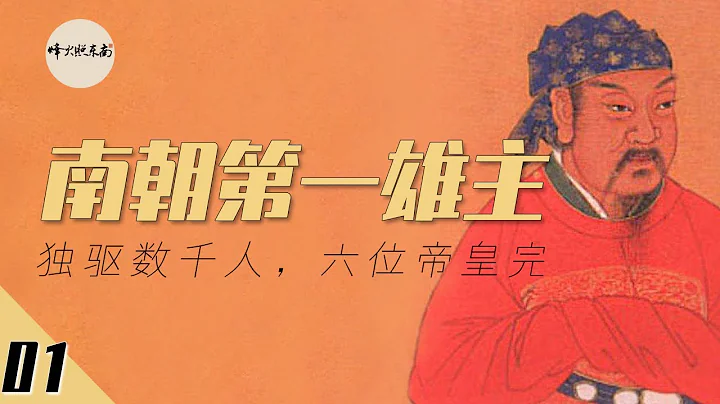
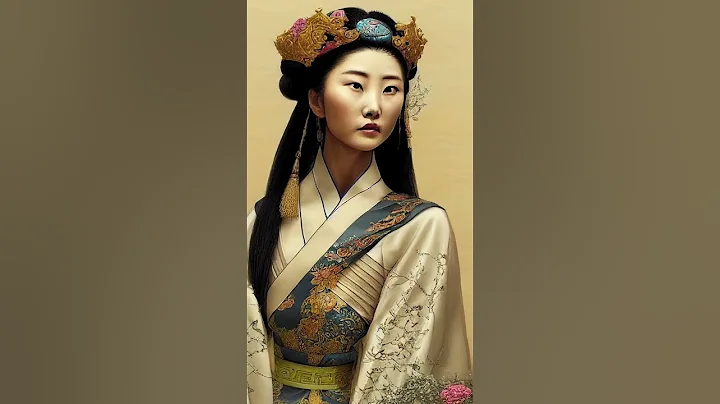
![[MULTI SUB] 《女将军娶个乞丐当王妃》红豆生南国,春来发几枝(高清全集)重磅推荐#短剧 #热门短剧 #短剧推荐 #大陆短剧 #爱情 #都市 #霸总#神豪 #shorts - DayDayNews](https://i.ytimg.com/vi/-0X550S06kM/hqdefault.jpg?sqp=-oaymwEcCOADEI4CSFXyq4qpAw4IARUAAIhCGAFwAcABBg==&rs=AOn4CLAL3wd6TA-S5xlS_ct6UG5sE6CVeg)

